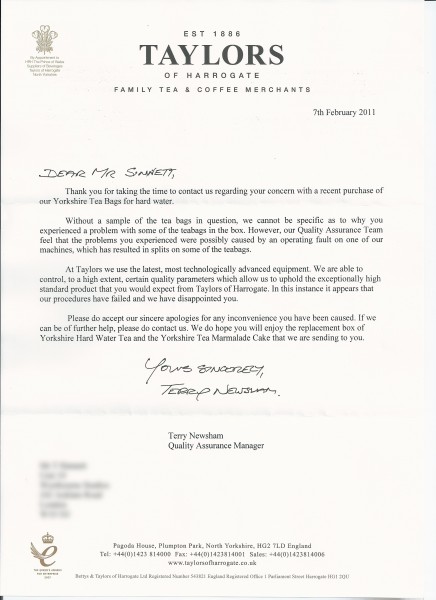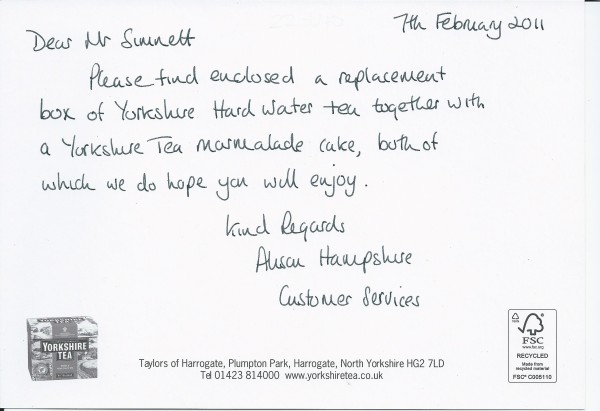I’ve had this nagging feeling for a while that global politics has changed shape. Not suddenly, and not in a way that lends itself to a single headline moment, but gradually, almost imperceptibly, until one day you realise the explanations you’ve been relying on no longer quite fit.
We still talk about diplomacy, international law, red lines and norms as if they function in the same way they always have. Yet when you watch what states actually do, rather than what they say, it’s hard to escape the sense that something more transactional, more positional, is going on beneath the surface.
The idea crystallised properly during a conversation with a friend of mine. She’s Canadian, and we were talking about Trump, Venezuela, and the renewed noise around Greenland. What struck me wasn’t any single policy position, but the tone of it all. Territory being discussed less as something governed, stewarded, or respected, and more as something negotiable. Something ownable.
As we talked, I realised it felt less like diplomacy and more like a very long, very uncomfortable game of Monopoly.
Not the version you play for fun on a rainy afternoon, but the one that drags on for hours. One player owns half the board. Another has quietly accumulated all the cash. Someone else keeps reminding everyone that if they’re challenged too hard, they might flip the table. And everyone else keeps playing, not because it’s enjoyable, but because standing up feels riskier than staying seated.
That’s the frame I can’t shake. I’m calling it Monopoly Geostrategy, not as a joke, but as a way of making sense of a world that increasingly looks incoherent if you insist on viewing it only through the language of rules and norms.
It’s not about the move. It’s about the board
A lot of political analysis focuses on events. An invasion. A sanction. A treaty. A speech. These moments matter, but they can also distract from what’s really being contested.
Monopoly teaches you something fairly quickly if you play it long enough. You don’t win by rolling well once or pulling off a clever move. You win by owning the right squares, the ones that quietly drain everyone else’s options over time. Railways, utilities, entire colour sets. The boring squares that become suffocating later.
In global politics, those squares look like territory and military basing, shipping lanes and choke points, energy systems and resources, supply chains and standards, finance, currency, and markets. They also include something less tangible but just as powerful: the stories we tell about what is normal, legal, inevitable, or beyond challenge.
Own enough of those and you don’t need to shout. Pressure builds slowly. Options narrow. Costs rise. That’s board control, and it explains far more about the current moment than individual headlines ever do.
Trump, territory, and treating the board as negotiable
Before even getting to Russia, it’s worth pausing on Trump, because he reveals the mindset unusually clearly. I’ve long suspected that Trump won’t be content with two terms. I think he will try to secure a third, and I think he’ll look for ways to make it happen. That instinct matters, because it tells you how he relates to rules. Not as constraints, but as obstacles to be navigated, bent, or reframed until they give way.
Seen through that lens, talk of Venezuela or Greenland stops sounding eccentric or impulsive. It starts to sound like someone looking at the board and asking which squares still matter and which ones might be up for grabs. For my Canadian friend, Greenland isn’t abstract. It’s Arctic security, proximity, and long-term leverage. For Trump, it’s a strategic square dressed up in the language of a deal.
This is politics understood as ownership rather than stewardship, and it’s a way of thinking that doesn’t stop neatly at national borders.
Russia and the return of blunt property grabs
Russia’s annexation of Ukrainian territory makes very little sense if you start from international law, long-term prosperity, or institutional trust. It makes grim sense if you think in Monopoly terms.
This is a straight-up property grab, backed by a wager that no one will seriously challenge ownership because the price of enforcement is too high. That price has a name, and it’s nuclear weapons.
Nuclear weapons aren’t pieces on the board. They’re the threat to end the game entirely. And once that threat is real, the rules change. If enforcing the rules risks catastrophe, those rules quietly stop being rules and become suggestions. The real danger isn’t just this move, but what it teaches everyone else about what is possible if you’re willing to absorb the outrage and wait.
Nuclear weapons and the fear of flipping the table
We often talk about nuclear weapons as tools of deterrence, and that’s true as far as it goes. But they also do something more subtle. They make enforcement frightening.
If escalation is unthinkable, then there’s room for behaviour just below the threshold. Incremental gains. Ambiguity. Facts on the ground that are hard to reverse without taking enormous risks. In Monopoly Geostrategy, nuclear weapons freeze response more than they constrain behaviour, and that creates an equilibrium that looks stable only until it isn’t.
China isn’t buying properties. It’s becoming the bank
China doesn’t need to seize territory in the way Russia does, because it’s playing a different game. In Monopoly terms, China is less interested in owning squares and more interested in owning the bank.
Manufacturing, supply chains, infrastructure finance, technology standards, market access. If pulling away would seriously damage your economy, how free are your choices really? This isn’t overt coercion. It’s structural leverage, power that works precisely because it doesn’t need to announce itself. You don’t have to threaten anyone if everyone depends on you to keep playing.
The US, rule-making, and rule-breaking
The US sits uncomfortably between these approaches. Sometimes it grabs strategic squares through bases, alliances, and forward positioning. Sometimes it tries to keep the rules alive, because it wrote many of them and benefited from them for decades. And sometimes it bends those rules when they get in the way.
That tension isn’t hypocrisy. It’s what happens when the system you built no longer guarantees your advantage, and you’re forced to choose between defending the rules and defending your position.
The rules are fraying closer to home too
There’s a hard truth under all of this, and it doesn’t just apply internationally. Rules only matter if enforcing them is affordable. If enforcement risks nuclear escalation, economic collapse, or political fracture, even well-intentioned actors hesitate. And hesitation, repeated often enough, starts to look a lot like permission.
You can see the same pattern domestically. In the US, in the UK, across Europe. The possibility of Trump pursuing a third term, or Reform gaining power in the UK, isn’t just about personalities or policies. It’s about what happens when enough people start to believe that the board itself is up for renegotiation.
That’s how norms erode. Quietly. Incrementally. Without a single dramatic moment where everyone agrees the rules no longer apply.
Trump, inconsistency, and why it actually fits
There’s another piece of this that’s been bothering me, and it’s Trump’s apparent inconsistency.
He tells Russia it shouldn’t be annexing Ukraine. Then he appears to tolerate it. Then he pushes back again. Then he claims to have brokered peace while fighting continues. At the same time, he talks about kidnapping the president of Venezuela, taking control of the country, and casually floats the idea of acquiring Greenland.
On the surface, this looks chaotic, even incoherent. But that’s only true if you assume Trump is trying to be consistent, principled, or rule-bound.
Viewed through the lens of Monopoly Geostrategy, something else is going on. Trump isn’t signalling principle. He’s signalling optionality.
He keeps every square in play for as long as possible. Condemnation without consequence. Tolerance without recognition. Peace claims without peace. Each position can be adopted, dropped, or reversed depending on what increases leverage in the moment. What matters isn’t moral clarity, but room to manoeuvre.
Ukraine, in this framing, becomes less a question of sovereignty and more a negotiable square. Pressure Russia when it suits. Accommodate Russia when it suits. Claim victory whenever it’s rhetorically useful. The important thing isn’t whether the war actually ends, but whether Trump can plausibly present himself as the only person who can redefine the terms.
Venezuela serves a different purpose. It’s a demonstration of freedom of movement. Threatening to remove its president signals that rules don’t bind him and that unilateral action is still on the table. It’s escalation without long-term ownership costs, a way of reminding everyone that force remains an option.
Greenland, though, is the tell. Nobody talks seriously about acquiring Greenland unless they’re thinking in terms of long-term board control. Arctic access, military positioning, resources, future shipping routes. And notice how it’s framed. Not invasion. Not annexation. A deal. Ownership. Transaction.
Taken together, this isn’t random behaviour. It’s a consistent approach that treats borders as negotiable, enforcement as optional, truth as rhetorical, and ownership as transactional.
The part that worries me most
Every major player in this system is behaving in ways that are individually rational. Russia bets fear will prevent reversal. China bets dependency will prevent decoupling. The US bets positioning will prevent decline. Each move makes sense on its own terms.
But when everyone plays that game at once, the system becomes harder to govern, harder to correct, and far easier to misread. In Monopoly terms, the board becomes so lopsided that the only real reset is to flip the table, and nobody actually wants that.
A question I can’t quite shake
I don’t think this means war is inevitable. But I do think we’re living in a world of permanent confrontation without resolution, where pressure accumulates faster than trust and correction becomes increasingly dangerous.
So the question I keep coming back to isn’t who’s winning. It’s what happens when the only way to enforce the rules is to end the game entirely.
That’s the thought that came out of my head this week, and once it did, it refused to leave.


